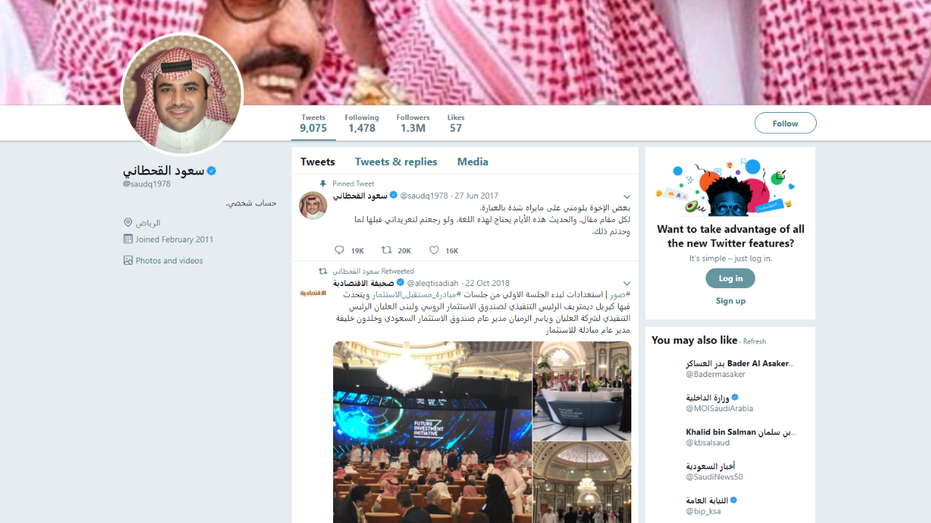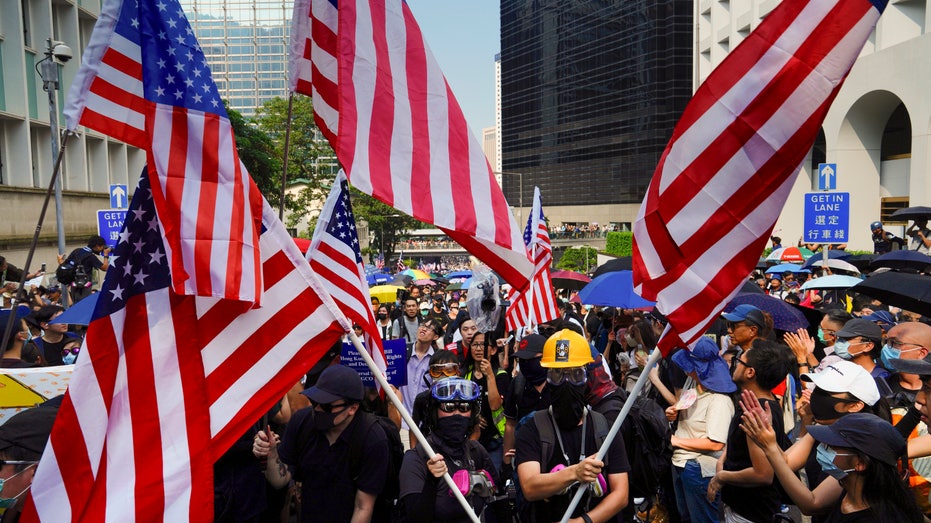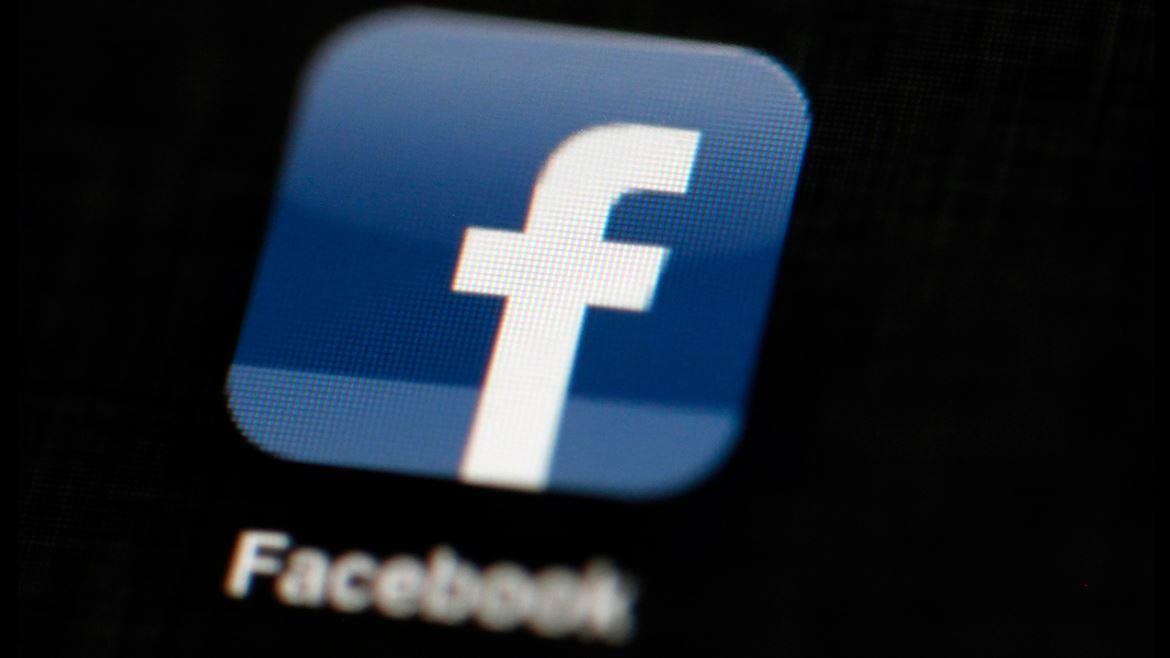Facebook dumps 'bad actor' apps, Twitter purges accounts tied to misinformation campaigns
Social media giants are trying to crack down on misuse using their platforms.
A day after Facebook founder and CEO Mark Zuckerberg met with lawmakers in Washington, the company announced that it had suspended tens of thousands of apps, even banning some developers completely. And Twitter said on Friday that it had purged thousands of accounts connected to foreign government misinformation campaigns, including the account of a former Saudi royal advisor.
Twitter said it detected six accounts that had presented themselves as independent journalistic outlets but were actually linked to Saudi Arabia’s state-run media. Under the guise of being third-parties, the accounts tweeted stories favorable to the Saudi government. And the social media platform said it had permanently suspended the account of Saud al-Qahtani, who had 1.3 million followers as of last month, for violating Twitter’s platform manipulation policies.

A screengrab shows Saud al-Qahtani's Twitter page as of August. The company said it permanently suspended the account.
The company also removed 273 accounts from the United Arab Emirates and Egypt that were created and managed by DotDev, a private tech company. Those accounts amplified pro-Saudi government messages and also targeted other countries like Qatar and Iran. Twitter also suspended 4,248 accounts from the UAE which used fake personas to target Qatar and Yemen.
Twitter said it plans to refine its approach to disclosing government-affiliated information operations on its platform.
“We see this as a necessary and vital step to regularize our transparency work in this area, and to encourage more third-party investigation of these behaviors online,” the company wrote in its blog post announcing the purge.
Meanwhile, Facebook said its removals included apps that had been left in a testing phase, apps whose developers didn’t respond to requests for information and apps that misused Facebook users’ data. Apps associated with 400 developers were suspended, though Facebook said they were not necessarily “posing a threat to people.”
For example, the company pointed to one app called myPersonality, which it said shared information with researchers and companies while having “only limited protections in place” and refused a request from Facebook to participate in an audit.
Facebook said it has also taken legal action against companies that used apps to infect users’ phones with malware.
In a blog post, Ime Archibong, Facebook’s vice president of product partnerships, said the company was developing rules for developers, and “minimal utility” apps like personality quizzes may be banned altogether.
“Our review helps us to better understand patterns of abuse in order to root out bad actors among developers,” Archibong said in the post.
Twitter said it was adding most of the purged accounts to its public archive of state-backed, information operations data that it has shared since October of 2018.

Protesters shout slogans and wave U.S. flags as they march from Chater Garden to the U.S. Consulate in Hong Kong, Sunday, Sept. 8, 2019. Demonstrators in Hong Kong plan to march to the U.S. Consulate on Sunday to drum up international support for the
The data include 4,301 Chinese accounts which Twitter said “were attempting to sow discord” in Hong Kong’s protest movement. Their inclusion came after the company announced it suspended a network of about 200,000 "spammy," fake and other Chinese accounts targeting the Hong Kong protests.
Twitter also said it removed a network of 1,019 accounts in Ecuador it said were tied to the PAIS Alliance political party and spread misinformation about the Ecuadorian government, and 265 fake accounts from Spain.




















